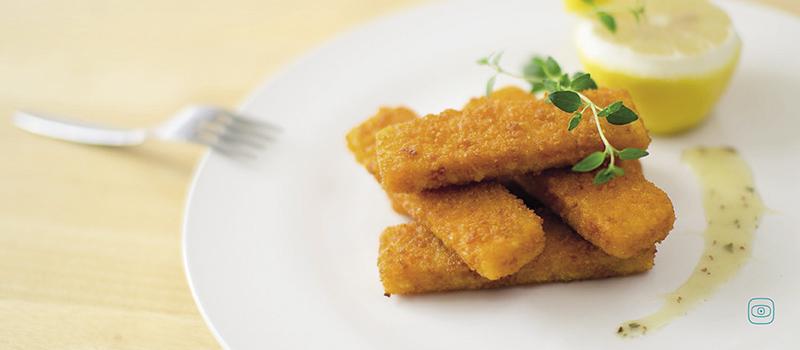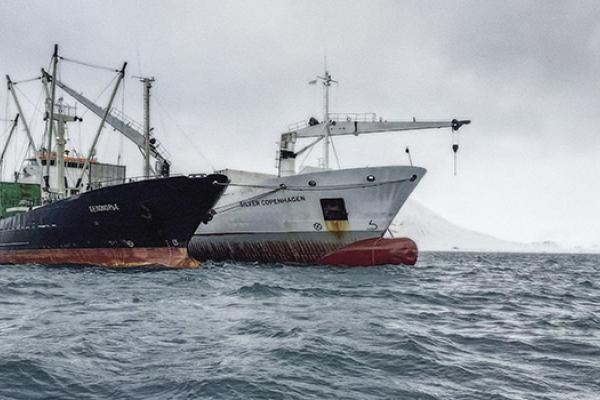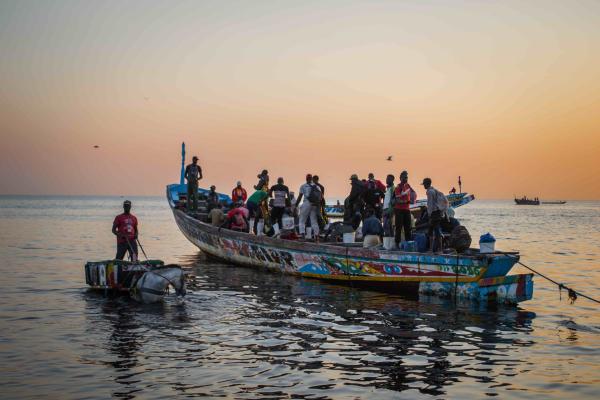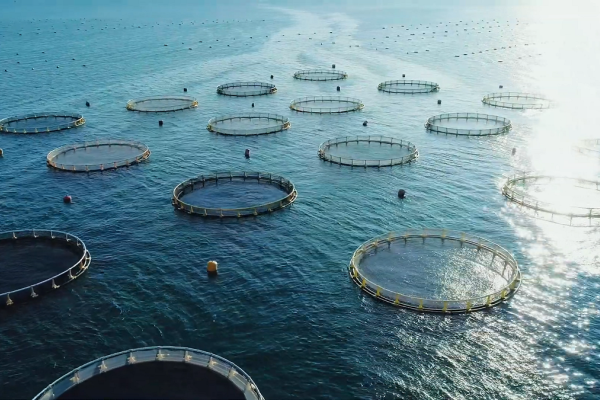While the European Union initially paid no heed to the fishing matter, the United States did not, and in 2022, prohibited the import of Russian-origin fish and seafood in their territory.
However, the international trade system makes tracking the origin country of seafood products challenging. Russian vessels are some of the world’s most active fishing vessels, fishing pollock, herring, King crab, and many other species. But instead of sailing it to the markets, the fish is sent to South Korea or China to be repackaged. Even though the EU has a rigid system of labelling all countries that a fish passes through from sea to product, regulation is easily avoided.
Think tanks and NGOs have called for a new traceability system. But the Russians are not alone in wanting to keep the status quo: many other nations send their fish to Asia for transformation to save money. The fish gets mixed up there before landing in US or EU markets.
In cooperation with local journalists in South Korea and international experts, we investigated how Russian fish laundering occurs.
Photo by Maciej Cieslak/Pixabay.






